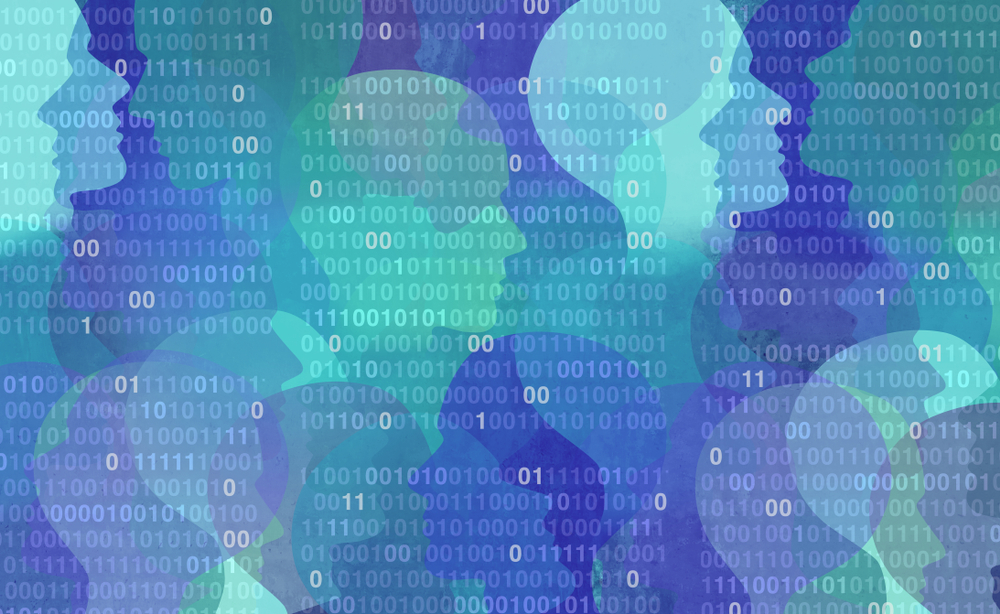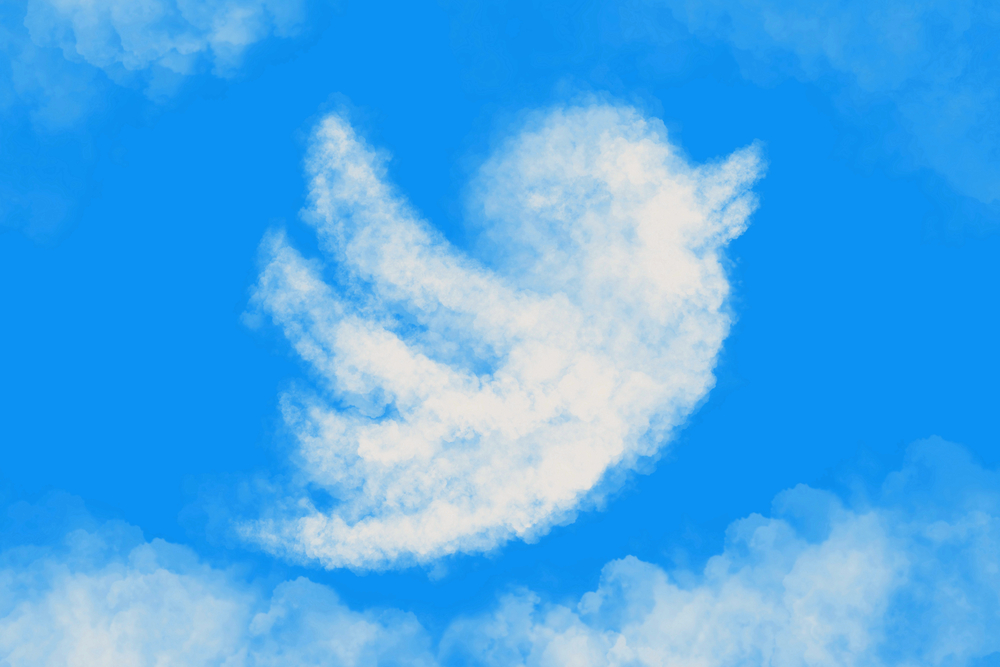Elon Musk buying Twitter surprised no one. After the acquisition was announced earlier this week, the SpaceX and Tesla CEO has been sharing the various changes he would bring to the platform such as an open-source algorithm and an edit button.
However, in the pretense of making Twitter an optimized platform for free speech, Musk revealed he also plans to “defeat the spam bots and authenticate all humans.” For Twitter, this is a huge shift in fundamental values. In Japan especially, Twitter’s embrace of anonymity, so to speak, is one of the biggest factors in its popularity in the country. Taking that away could make it obsolete.

Twitter in Japan: Why Is It So Popular?
After YouTube, Twitter is the most popular social media platform in Japan with approximately 45 percent of the population having an account, or about 50 million users. In fact, it’s well documented that Japan holds the record for the most tweeted moment in history, with 143,199 tweets per second during the airing of Studio Ghibli’s Castle in the Sky in 2013. But why is Twitter so popular in Japan?
One theory shared in this Summa Linguae article suggests that YouTube and Twitter both share one specific characteristic. That is the ease to consume (and at times, create) content. The platform’s mobile-friendliness is also often cited as a factor behind its popularity, with Japan being one of the first countries to adopt cellphones as early as the 1990s.
The nature of the Japanese language might have helped make Twitter a platform of choice for writers, politicians, businesses or anybody wanting to share their opinions online. For English speakers (or any language using roman alphabets), the platform’s character limit has often been generally seen as restricting and was subsequently increased from 140 to 280 characters in the fall of 2017. Japanese, however, is a syllabic language and Twitter’s character limit was never especially difficult to work with. With the same virtual space, more can be said.

In Japan, Privacy is Key
Privacy is sacred in Japan. So, while Twitter’s intuitive interface is to somewhat thank for its number two spot here, Japanese sources all agree that it is the ease of being anonymous on the platform that makes it attractive in this country.
There are various reasons why one would prefer to stay anonymous on social media. You might not want your employer to know your relationship with a specific political party, for example. Or you might not want your family to know about your passion for a certain anime franchise and your involvement in the fandom. Hypothetically, if Musk decides to go the Facebook way of heavy authentication based on collecting real-life information, in Japan Twitter would lose its most important appeal.
With authentication also come important privacy issues. “Even if a name isn’t revealed to other users, collecting information on real identities offers a trove of information for governments to request, and is vulnerable to hacks or security flaws.”
Japan also has a history of bad cybersecurity. The Amended Act on Protection of Personal Information, which came into effect on April 1, 2022, tried to correct archaic laws to prevent data breaches and hold companies accountable. Uniqlo‘s biggest hack to date, which happened in the spring of 2019, affected 460,000 accounts connected to the company’s online store.
It’s far too early to tell how Musk’s acquisition of Twitter will change the platform in the long run. He has dedicated fans, though a good portion of the internet is also very much against this debacle. It will be interesting to see how it will affect users and businesses in Japan in the coming months and years.









